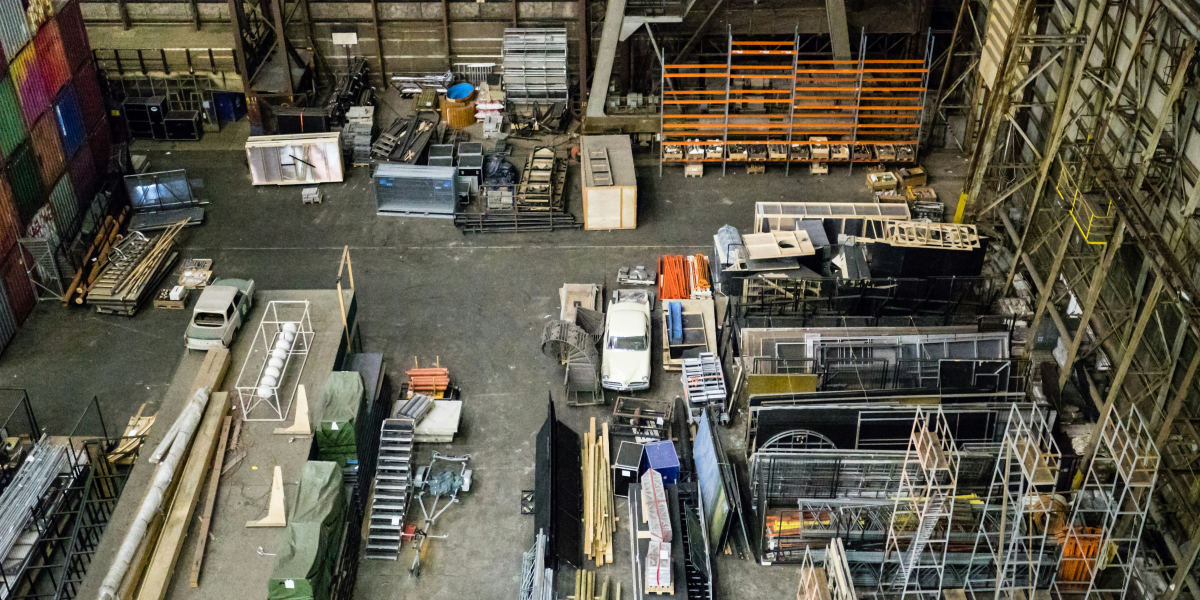The economies of the Gulf Cooperation Council (GCC) countries have been facing challenges and opportunities in recent years. In 2024, the region saw growth and uncertainty influenced by challenges such as global economic issues and ongoing uncertainties.. At the same time, fluctuations in oil prices and efforts to diversify economies have played a role in shaping the financial landscape.
This blog post will explore the key economic highlights in the GCC and how these developments are impacting the labor market. We will look at factors like economic growth, the rise of new industries, and the changes in employment trends, particularly how countries adjust to these shifts and what that means for the future of work in the region.
Economic Growth and Indicators in the GCC
The GCC countries are experiencing some economic growth and showing signs of recovery amid global challenges. This growth comes as the region works to balance its dependence on oil with efforts to diversify into other industries, such as technology and tourism. The forecasted growth is a positive sign for the future, showing that GCC economies are becoming more resilient.
Inflation has been a factor influencing the cost of living in the region, with rising prices for goods and services. This has led to higher living costs, particularly in housing, food, and transportation. At the same time, there are indications of a rise in average income across the GCC.
Global uncertainties have contributed to some volatility in the stock markets. Investor uncertainty led to a drop in stock prices in the early part of the year, but the markets have since started to recover. This shows how sensitive stock markets can be to global events and how quickly they can bounce back as stability returns.
Sectorial Expansion and Economic Diversification
The oil and energy sector has long been a cornerstone of the GCC economies. While oil prices directly impact these countries’ revenues, fluctuations in global oil prices can create economic uncertainty. However, GCC nations are adapting by focusing on diversifying their economies. Many are investing in alternative industries to reduce their reliance on oil, making their economies more resilient to price changes.
The technology and renewable energy sectors are experiencing rapid growth. As the world shifts toward sustainability, GCC countries are increasing their focus on clean energy, such as solar and wind power. This aligns with global efforts to reduce carbon emissions and is supported by growing investments from venture capitalists eager to tap into emerging markets. Countries like Saudi Arabia and the UAE are leading the way with significant projects in these areas.
The tourism and real estate sectors are also seeing significant expansion, particularly in places like the UAE and Qatar. Both countries are investing heavily in tourism infrastructure, such as luxury hotels, entertainment venues, and cultural attractions. Major events like the World Expo 2020 in Dubai and the FIFA World Cup 2022 in Qatar have helped boost tourism. This growth is contributing to economic development and may support job creation in the region.
Labor Market and Employment Trends
The labor market in the GCC is seeing significant growth, especially in high-skilled sectors like technology, finance, and healthcare. A key focus is on “nationalization” efforts, such as Saudi Arabia’s Saudization, which aims to increase employment opportunities for citizens and reduce reliance on foreign workers.
Female workforce participation is increasing in Saudi Arabia and the UAE, with reforms aimed at supporting women’s involvement in the workforce, such as initiatives for work-life balance and leadership roles.
New labor laws are also creating more flexibility in the region. For example, the UAE’s part-time and teleworking laws offer workers greater freedom to balance their personal and professional lives. These laws are expected to create more opportunities for both locals and expatriates, making the labor market more dynamic and inclusive.
Global Factors Affecting Employment
Political uncertainties in the GCC region have created some caution in the business environment. While the labor market hasn’t been directly affected, companies are more hesitant to hire or expand, which can slow job growth, especially in sectors dependent on international trade and investment.
Stock market fluctuations have added to economic challenges, as declining stock prices can affect investor confidence. When markets are down, businesses may face challenges in raising capital, which can delay hiring or expansion. In response, GCC countries are focusing on economic diversification and supporting key industries to help stabilize the labor market and maintain job creation.
Conclusion
Economic diversification, sectoral growth, and labor market reforms are influencing the employment landscape in the GCC. These changes are creating opportunities in various sectors, including high-skilled industries, while also responding to challenges such as geopolitical tensions. These factors are likely to affect job markets and career prospects in the region. Understanding the latest GCC economic insights can provide a clearer view of the evolving opportunities in the region.
Disclaimer: This content is for general informational purposes only and should not be considered as financial advice. The content is not intended to be a substitute for professional financial advice, investment advice, or any other type of advice. You should seek the advice of a qualified financial advisor or other professional before making any financial decisions.
Published by Charlie N.






